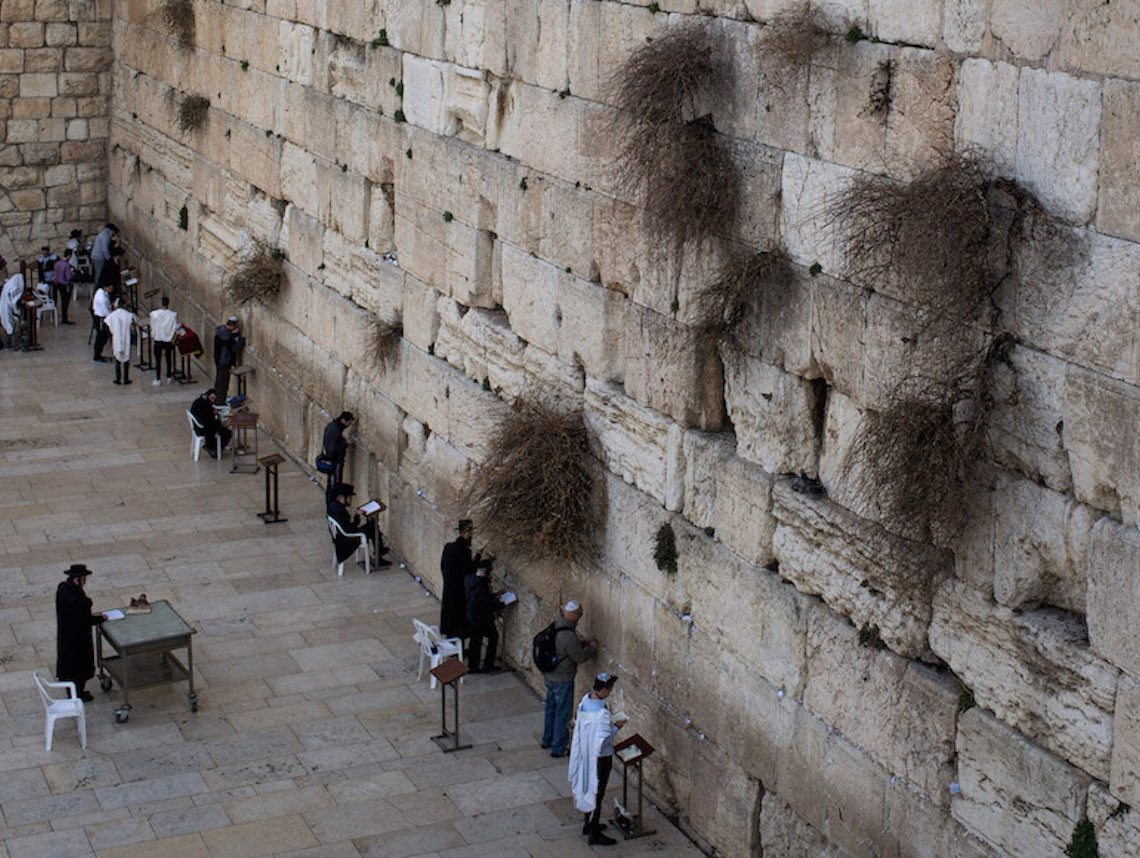
We have seen the selling out of the Jewish people for crass political power. However, it isn’t usually done by a prime minister of Israel to Jews around the world. Benjamin Netanyahu’s crass political move to renege on the compromise reached with the Reform and Conservative Movements and Women of the Wall on appropriate egalitarian prayer space at the Kotel is alarming and shameful.
The plan to build egalitarian prayer space at the Western Wall was negotiated by the prime minister’s own representatives. His representatives Natan Sharansky and now-attorney general Avichai Mendelbilt were the ones who spoke for the Israeli government. It was hailed as an historic agreement by the prime minister’s own office. Netanyahu came to the U.S. and himself addressed American Jewry about the importance of this.
I sat across from the prime minister a year ago February in his office when he assured me and rabbinic leaders of the Reform Movement, “It will happen.” Following the meeting at the annual convention of the Reform rabbinate in 2016, we held the first services in what was to eventually become the new space. It was a spiritually uplifting and moving experience to pray with my fellow rabbis next to the ancient and historical symbol of our people’s continuity, men and women together as is our authentic Jewish experience.
The prime minister, who claims to speak for all Jews, has betrayed a significant portion of the Jewish people by giving in to Charedi demands. He is not a man of his word or a man of honor and he is leading the government of Israel to act immorally.
The sacrifices of the ancient Temple were designed to restore wholeness and holiness to individuals who have sinned and to the Jewish people. Prime Minister Netanyahu instead has sacrificed the majority of American Jews on the altar of his political expediency, reinforcing the very sin that destroyed the ancient Temple: sinat chinam, the hatred of Jew against Jew. This is the sin our Talmudic Sages teach destroyed the Temple. Netanyahu’s actions further alienate American Jews from finding a place and connection to the Jewish homeland. As a Reform rabbi I try to build up that connection and help Jews find their way home. The prime minister has increased the distance and removed the welcome mat from the doorway.
Rabbi Denise L. Eger, Congregation Kol Ami
I am saddened, of course, that things had to come to this point, and that no effective compromise was brokered that could avoid the considerable pain experienced on both sides of the divide. I cannot say that I understand what happened.
I am saddened by the hype and the untruths that are being spread. While I can understand some of the feelings of let-down in the non-Orthodox world, I cannot understand charges that this move is a repudiation of their Jewishness. It is rather, for better or worse, nothing but the affirmation and continuation of a long-standing policy recognizing the holiness of the Wall as defined by halachah. No one — no one — is barred from participating in prayer there. The leaders of the movement to carve up the Kotel were not motivated by lack of a place where they could pray according to their fashion. Robinson’s Arch would have been more than adequate. The word that they have used has been “visibility,” i.e. they wished to make a statement about the legitimacy of their beliefs in high profile. Let’s at least be honest that this is not about equal access. It is about marketing.
Mostly I am saddened that the rift between Jewish brothers and sisters has become so cavernous that people speak of “rethinking” their commitment to the State of Israel. Do we support it because of what it can do for us, or because of its centrality in Jewish thought? Could it be that lots of non-Orthodox folks in Israel sense this wavering commitment, and are therefore prepared to listen to the Orthodox position, recognizing that only a halachic tradition will be a guarantor for the Jewish future? I suspect that the heterodox movements have lost far more through this than a place at the Southern Wall.
Rabbi Yitzchok Adlerstein, Co-founder of Cross-Currents, an online journal of Orthodox Jewish thought
This is a triumph of expediency and fear over principle and unity. We all understand the political calculation involved, and the need for the prime minister to keep his coalition happy. But as Harry Truman memorably said, sometimes you have to put your principles aside and do what’s right. This betrayal tastes bitter in the mouths of those who love our people and our land.
Rabbi David Wolpe, Sinai Temple
This move by the government of Israel reneging on the Kotel agreement and promoting the conversion bill that would disenfranchise 500,000 people in Israel and around the world is a violation of the trust of the Jewish people. Prime Minister Benjamin Netanyahu has allowed a small group of religious extremist fanatics to separate the Jewish people from the State of Israel so that he can remain Prime Minister regardless of the importance of maintaining the unity of the Jewish people.
Jews everywhere should insist that the Prime Minister withdraw the conversion bill from consideration in the Knesset and reverse his government’s decision to ignore the Kotel agreement. The Prime Minister should also apologize to Jewish Agency Chairman Natan Sharansky, who at the Prime Minister’s request five years to find a compromise agreement on the Kotel that unifies the Jewish people, did so and then Netanyahu dismissed the compromise agreement without even informing Sharansky in advance. Netanyahu’s decision humiliated one of the great heroes of the Jewish people.
Rabbi John Rosove, Temple Israel of Hollywood
In December 1988, I was a first-year rabbinic student living in Jerusalem when the first group of women naively took a Torah scroll to the women’s side of the Kotel and held a prayer service. Their heartfelt offering did not sit well with many who witnessed it. I was not among that original group, though several of them came to our living room later that afternoon to debrief and cry.
That year brought new meaning for me to the terms “hard rock” and “heavy metal,” for in the months afterwards I served the newly forming women’s group as a shomeret (a guard). The guards formed a ring around those praying, and faced the angry ones so the others could turn inward, trying to worship.
We tried, mostly unsuccessfully, to protect those praying from the vitriol, spittle, tear gas canister (thrown at us by one of the Orthodox men who picked it up after the police threw it at them), and one heavy metal chair that suddenly came flying through the air in our direction, injuring one of the women as she prayed. It was the first year of the first Intifada, but the rocks coming over the Kotel from above made more sense to me, and were in some ways less frightening, than the weapons and words thrown by Jews at Jews.
The soldiers who protect the Jews at the Kotel were as taken aback as we were. On a later visit a woman carried a Torah scroll on loan from the Reform Movement’s Hebrew Union College-Jewish Institute of Religion in a baby blanket through the ever-tightening security: “Oh,” laughed the guard as he peeled back the blanket, and waved us through, “beautiful baby.”
No one is laughing now.
Rabbi Lisa Edwards, Beth Chayim Chadashim
We Jews must surely be the laughing stock of the world! Even as the United Nations actively delegitimizes our connection to the Temple Mount and ancient holy sites in Jerusalem and Israel, we are busy fighting with each other as to who can pray where and how, as if any of this really matters.
Both sides in this dispute ought to be thoroughly ashamed of themselves. Do any of the protagonists really think that they are making God happy by fighting with each other? The Talmud tells us that the Temple was destroyed and the exile was decreed by God as a result of the endless pointless squabbling between Jews. And yet, almost 2,000 years later, we are still squabbling! How pathetic.
Instead of fighting each other, we need to be joining forces and together fighting our real enemies — those who wish to deny the Jewish connection to our holiest site — not the Kotel, but the Temple Mount, where our Temple once stood, and will stand again, but only if we can focus our energy on making it happen, instead of wasting energy point-scoring against each other, pointing fingers, and creating ill-feeling.
In this fight, no matter who prevails there are no winners. Instead of this nonsense, our goal must be to protect Israel from its enemies, and to create a thriving center for Jewish revival and triumph in our ancestral homeland.
Rabbi Pini Dunner, Beverly Hills Synagogue
That the Israeli governing coalition reneged on its own agreement to provide a separate, cordoned off area, discretely to the side and far from the postcard courtyard that we all think of as the Kotel can’t really be a complete surprise. Politics is politics, and all politics is local. Most Reform, Conservative, Reconstructionist, Renewal and nondenominational voices will decry this short-sighted and discriminatory decision (as do I); most Orthodox, Charedi, and Chasidic voices will support and celebrate the power to impose their monopoly. Obviously, this has a lot to do with pluralism (which some see as a threat), and with women acting with authority in public (which even more people see as threatening).
Personally, I feel the need remind us of three simple truths: First, an Israel that circles the wagons and enacts religious policies that sound like they could have been proposed in Teheran or by the Westboro Baptist Church reveals itself to be motivated by fear and considerations of power, more than by faith and wisdom. That’s not good for Israel in the long run.
Second, if we are going to make the Wall into a locus of Jewish faith, then there has to be room for us all, each in our own way, or the imposed exclusion will itself become a justification for those marginalized and slighted to walk away from Judaism and from Israel, and that’s not good for Israel in the long run.
Third, nowhere in the Torah does it suggest that God is accessible at that Wall more than anywhere else. The portability of Torah, the insight that holiness is to be found in acts of tzedek (justice), shalom (peace) and chesed (lovingkindness) remains Judaism’s greatest insight and core conviction. So, by all means, let’s fight for our space at the Wall, but let’s remember that we show real love for God and Torah, and real solidarity with Israel, when we work for a Jewish community — here and there — that observes mitzvot, loves the stranger, learns Torah, and pursues peace.
Rabbi Bradley Shavit Artson, Abner and Roslyn Goldstine Dean of the Ziegler School of Rabbinic Studies at American Jewish University
I can pray at the Kotel, but my wife cannot. I can hear the Torah read at the Kotel, but she cannot. If she dons a tallit for private prayer at the Kotel, she will be arrested. If she prays aloud, she will be shouted down or escorted away. Her spirituality, her voice, is deemed an affront to the Kotel. The great symbol of our collective destiny has become a political token, a tool of division. And sinat hinam, unbounded rivalry, our inability to embrace one another, the very reason we lost the city twice before, burns once more.
Rabbi Ed Feinstein, Valley Beth Shalom
I stood at the Wall in 1967, having returned “home” on Aliyah with my husband, an Israeli officer. My eyes filled with tears as I approached the Wall which I could only see from the top of the Mt. Zion hotel when I was a young student in Jerusalem in 1960. I prayed and cried tears of gratitude at the open Wall.
I returned to the Wall for the Bar Mitzvah of my son in 1986. There was a mechitzah, but it was low, and no one seemed to mind when I held on to his tallit and prayed out loud, as I draped myself over the barrier from the woman’s side.
A decade later, things had changed. The mechitzah was now a wall itself and the woman’s section became smaller each year. The “Fashion Police” at the entrance to the woman’s section were more insistant, and I was chastized when I gathered my congregants near me in prayer as we visited the holy site.
By the year 2000, the Kotel area had become a war zone, not only for the intifada, but the epicenter of Jew against Jew. Rocks were thrown directly at me. On Rosh Chodesh, the catcalls and whistles grew louder and louder until the level became deafening. The Schechinah decamped elsewhere.
Robinson’s Arch was to be a worthy compromise that honored the unity of the Jewish people. I was lucky enough to lead a Shabbat servce for my congregation in the proposed Plaza area, and it was one of the holiest moments of all of our lives. Swallows flitted in and out of the crevases, the sound of the Arab call to prayer intertwined with our “mixed” daavening as the holy silence of Shabbat decended on Jerusalem.
Today, there is no holy silence. There are only tears for the pain of the Jewish people, and the opportunities we have lost.
Rabbi Judith HaLevy, Malibu Jewish Center and Synagogue
Israeli media is full of news, debates and analysis regarding the recent religion/state battles. While many of you may think that what Israelis are focusing on are the security threats from the outside and terror with Israel, you would be wrong. The war over religious freedom and equality is clearly a key component in shaping Israel’s path.
One cannot over exaggerate the serious nature of the current conflict, by just noting the fact that the Jewish Agency for Israel’s Board of Governors, convening in Jerusalem, decided to cancel a festive dinner with Prime Minister Benjamin Netanyahu at the Knesset and to replace its normal schedule with deliberations regarding the recent government decisions. It never happened before!
Understandably, the non-Orthodox movements (along with the Women of the Wall) put the emphasis on the collapse of the Kotel compromise and its underlying reason: the triumphalist threats by the Charedi parties and the Chief Rabbinate, delegitimizing Diaspora’s major Jewish streams. However, this would be both a narrow focus and a misunderstanding of the larger picture that Israel is facing as it is attempting to forge its Jewish and democratic identity. The three current battles, regarding the Kotel, conversion and Shabbat, are interrelated.
The first of these targets non-Orthodox Jews, the second widens its scope to include Modern Orthodox Judaism, and the third hits the broadest swath of Israeli society — in Tel Aviv and beyond, aimed at blocking municipal ordinances that allow for opening of convenience stores, and preventing public transportation on Shabbat. It should behoove Diaspora Jewish leadership and the streams to focus solely on the affront done to them and lose sight of the larger battle over Israel’s character.
All three initiatives are in direct opposition to the will of the overwhelming majority of Israelis, as repeatedly demonstrated in public opinion polls, such as Hiddush’s own systematic polling.
The recent actions of the government cause severe damage to Jewish unity and the fundamental values of Judaism and democracy. It is time to move beyond niceties, resolutions and verbal expressions of dismay. The time has come for American Jewish leadership to state publicly, loudly and clearly, that all Israeli politicians who vote for these reprehensible laws and policy decisions, are not welcome to your communities so long as they undermine the Jewish People and erode Jewish unity.
Rabbi Uri Regev, President of Hiddush – Freedom of Religion for Israel








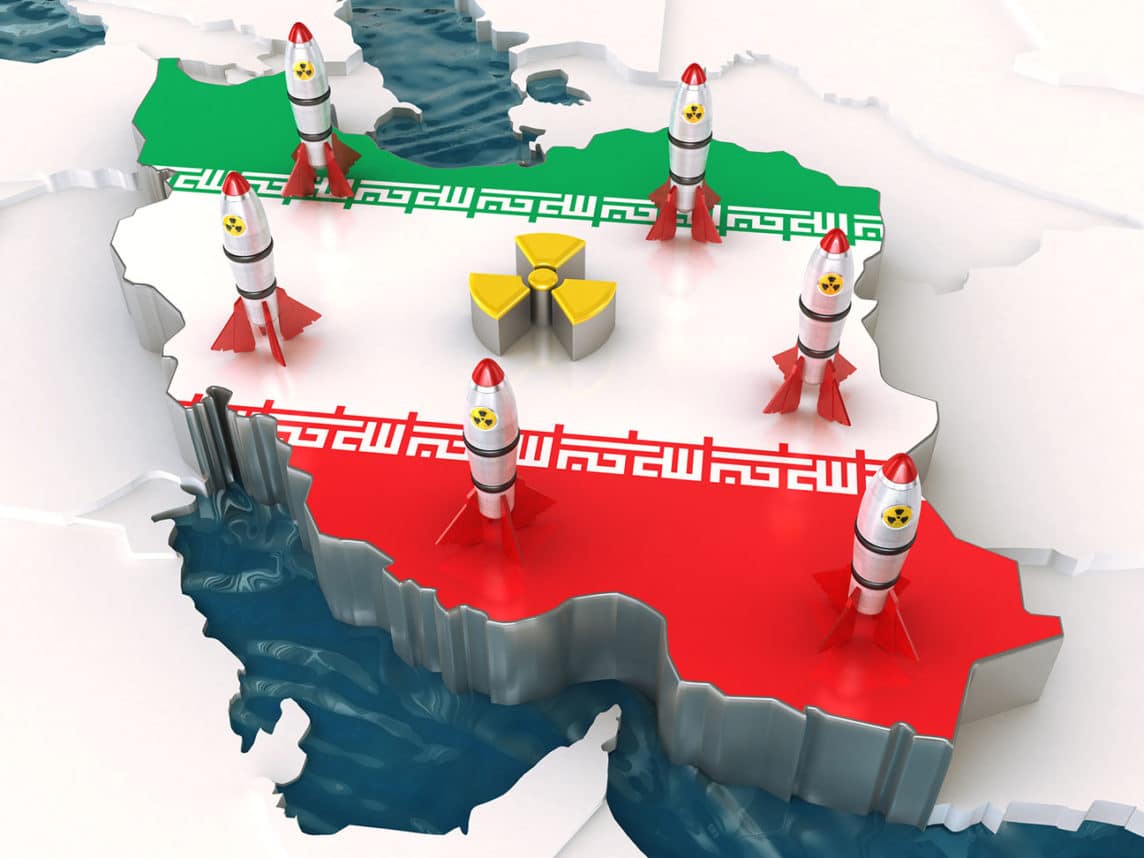


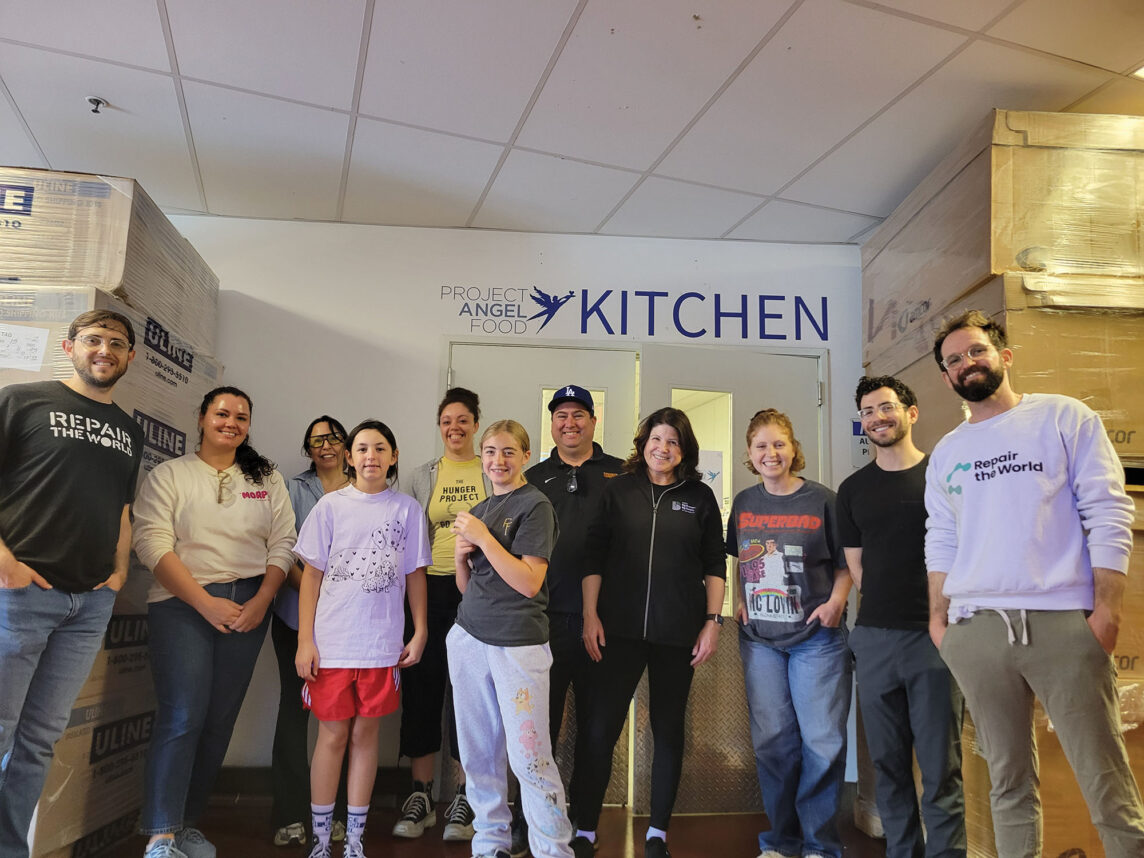
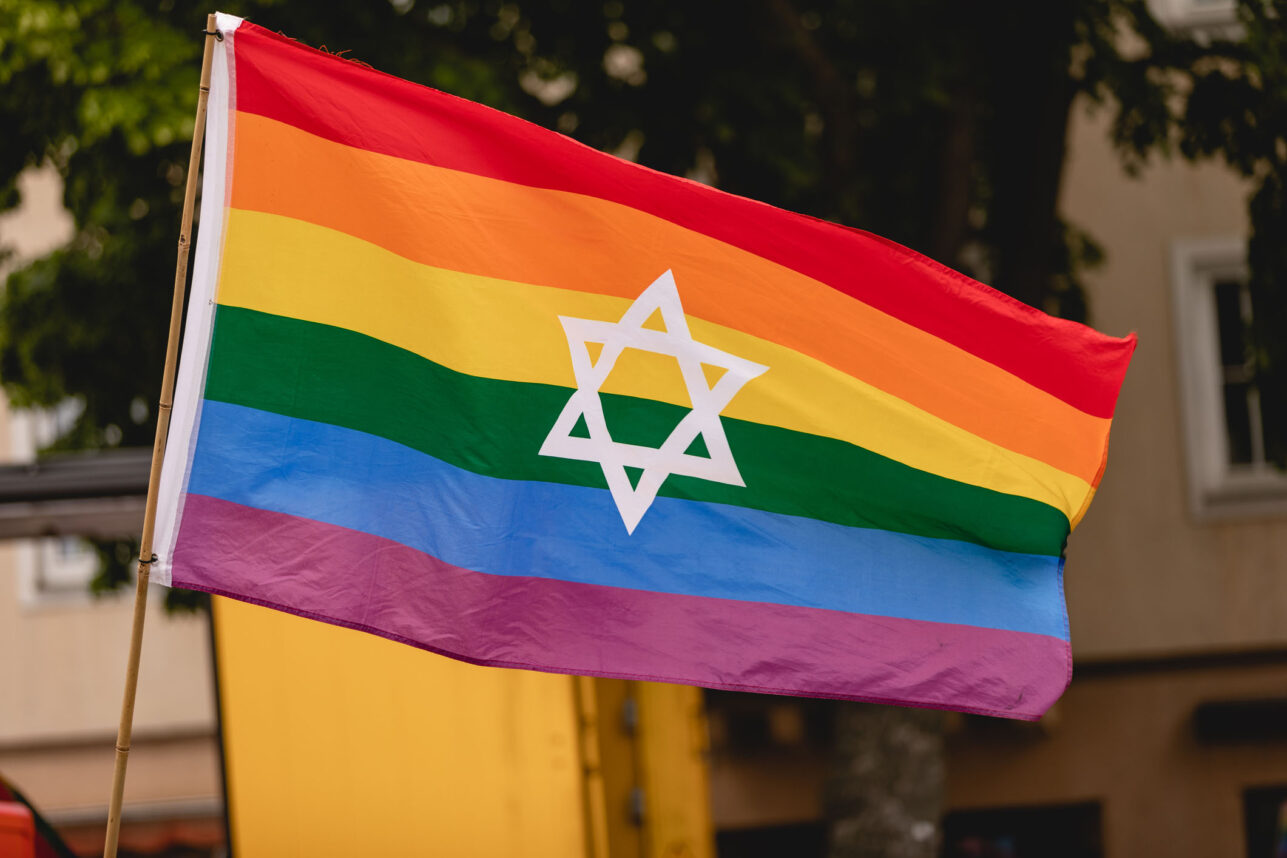
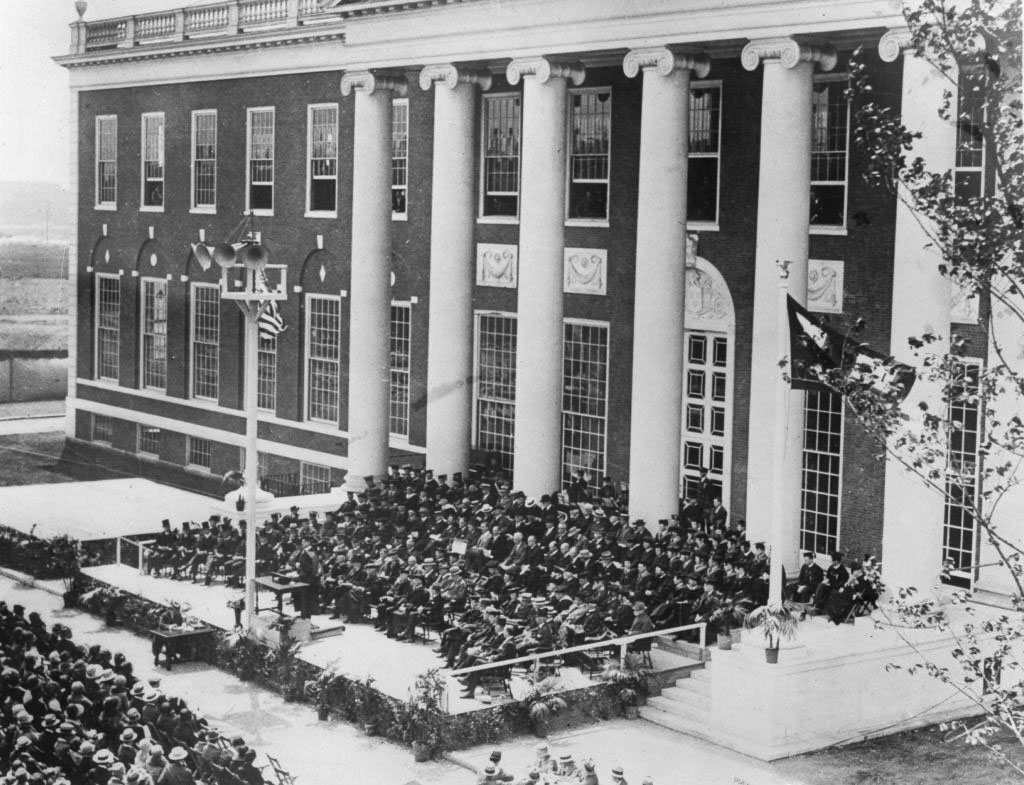

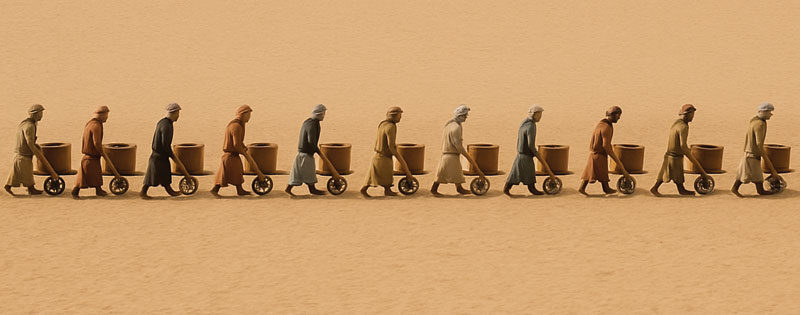

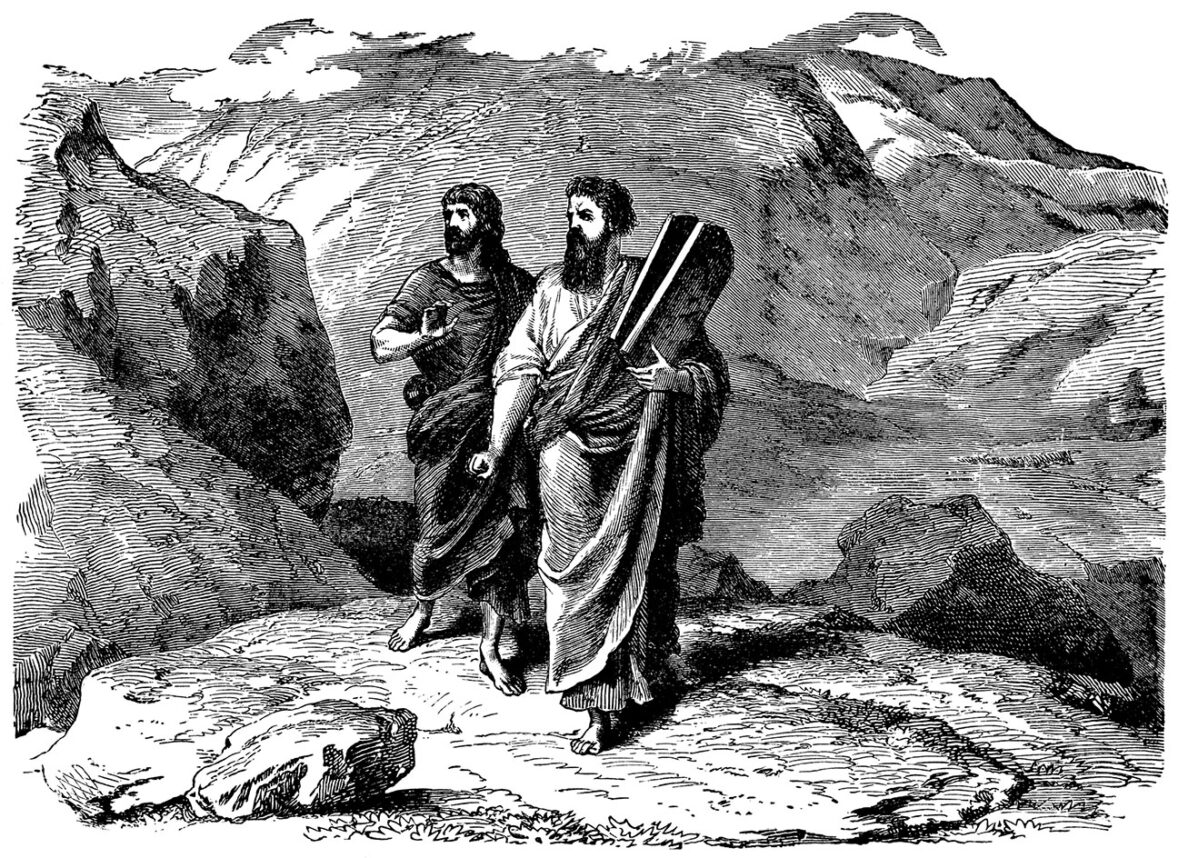



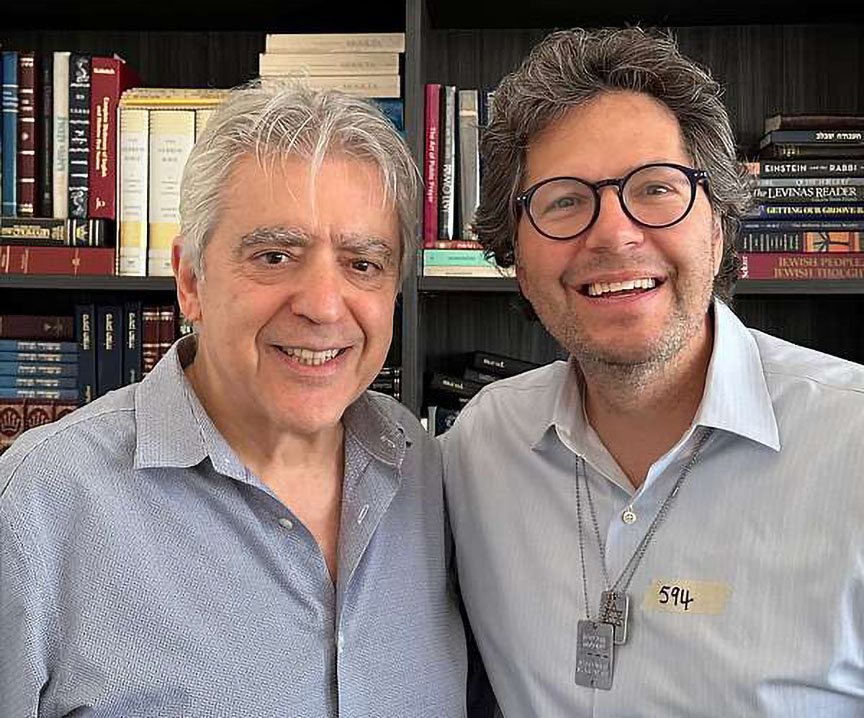


 More news and opinions than at a Shabbat dinner, right in your inbox.
More news and opinions than at a Shabbat dinner, right in your inbox.